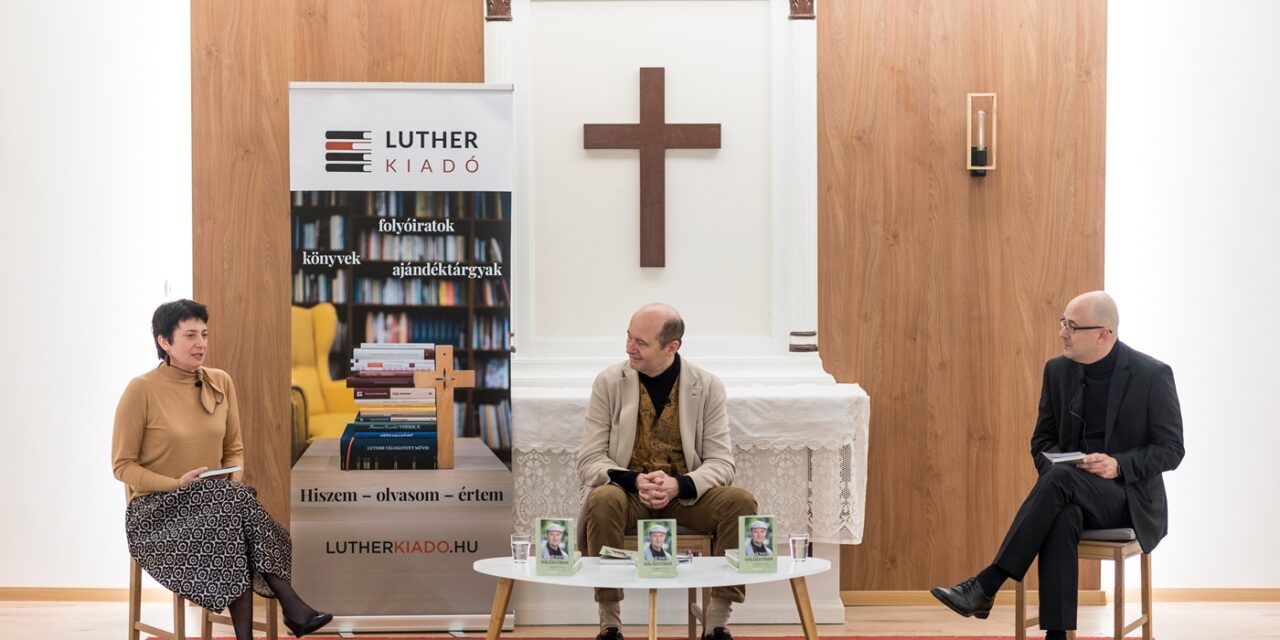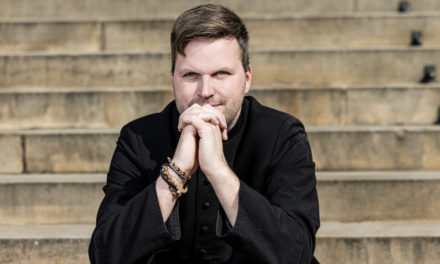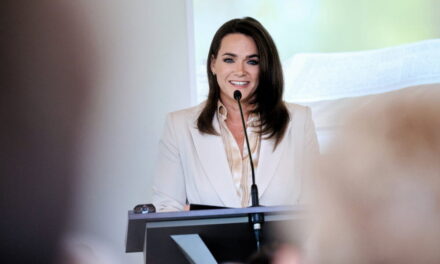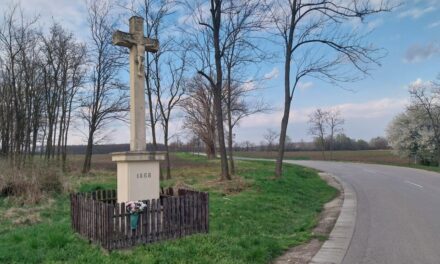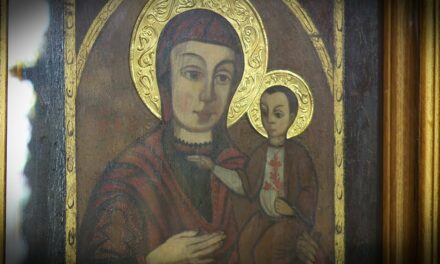In this wide-ranging volume of interviews, which covers questions of faith from a special perspective, Péter Csermely, a Széchenyi Prize-winning biochemist and network researcher, a regular member of the Hungarian Academy of Sciences - and also a graduate minister's student at the University of Evangelical Theology - not only testified about his faith, his calling stories or the grace of forgiveness, but also gave insight into the also in the meeting of science and divine secrets. The professor gave an interview to Evangelical Life. In preparation for Holy Week, we quote some thoughts from this:
The network research academic lets the reader into his inner room with the conversation book edited by Zsuzsa Boda, where he takes the reader along the Networks, Faith, Prayer, Miracles, Our Sins, Good Works, Holy Trinity - the chapter titles of the volume.
"...the scientist recedes into the background, and the man drawn into the heavenly network comes to the fore, who at the age of fifty-seven felt he had to embark on the path that would lead him to the vocation of an evangelical pastor," reads the preface. So it is also about how it is still possible to breathe with Jesus today, or precisely about what kind of network the churches can function as.
But let's not think that a "charming chat" has been written down in this book, since the interviewer, the author of the interview book, is constantly almost provoking the academician, weaving the conversation further and further with his questions, so that a new approach and thread of interpretation is started. away, helping the understanding even more.
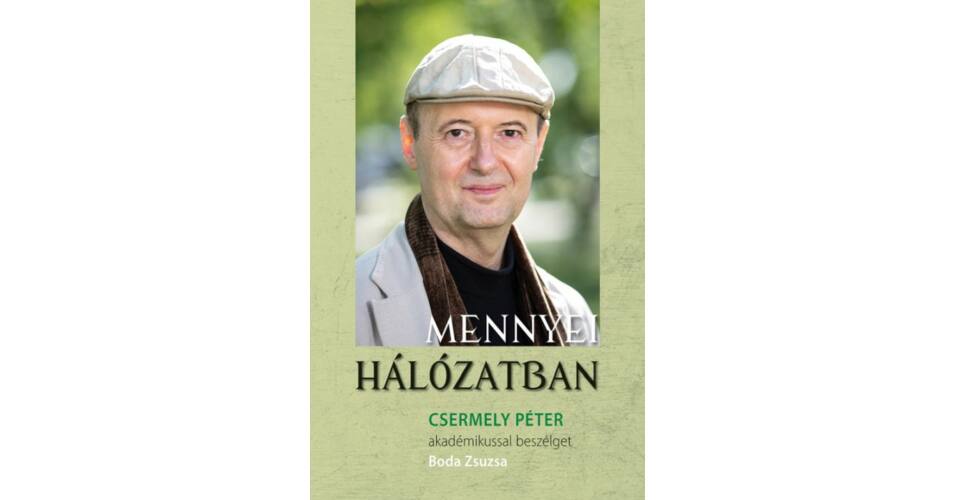
Source: Luther Publishing
According to the pastor-professor, if we count the atoms that Jesus breathed through his lungs and start counting, we will find that during the time that has passed since then, they have been distributed approximately evenly on the earth.
Thus, even today in Hungary, we inhale an uncountable number of oxygen molecules and nitrogen molecules that once circulated in the lungs of Jesus. I think this is a very profound thought, especially when we consider that Jesus Christ has become a part of our lives in this sense.
Regarding gaining faith, he says: "Ideally, our good deeds follow from God's deeds. It's also a process. As a first step, I notice that I start to distance myself from certain things. Certain things from my past become unacceptable to me - maybe I even end up comparing myself because of it. That's when my spiritual caregiver, my loving family member, my church brother, who stand by me and reconcile me with myself, become important. It is important that they point out: because I have recognized my sins, I should not consider myself a nobody, but feel that although God and Jesus Christ hate my sinful act, they love me very much. Me who committed those crimes.”
As he said, Péter Csermely was concerned with the question of how life works during his work and research. At the presentation of the book, the academic said that this volume brought him closer to the questions of why life works. What does Christ's redemption mean in everyday life and in our own lives? And how can we live this and pass it on to others? With this conversation book, he brings us closer to the answers.
Source, full article and featured image: Evangélikus Élét magazine

